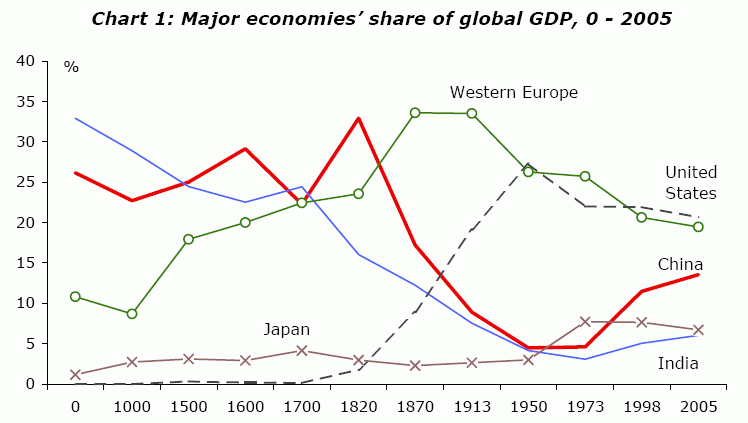|
2007-12-26 India-Pakistan
|
|
A Hindu backlash hits Sonia Gandhi
|
1 | Archived material is restricted to Rantburg regulars and members. If you need access email fred.pruitt=at=gmail.com with your nick to be added to the members list. There is no charge to join Rantburg as a member. |
Posted by john frum 2007-12-26 15:05||
||
Front Page|| [12 views ]
Top
|
|
Posted by Anonymoose 2007-12-26 18:34||
2007-12-26 18:34||
Front Page
Top
|
|
Posted by john frum 2007-12-26 21:58||
2007-12-26 21:58||
Front Page
Top
|
|
Posted by john frum 2007-12-26 21:59||
2007-12-26 21:59||
Front Page
Top
|
|
Posted by john frum 2007-12-26 22:01||
2007-12-26 22:01||
Front Page
Top
|
|
Posted by john frum 2007-12-26 22:10||
2007-12-26 22:10||
Front Page
Top
|
|
Posted by john frum 2007-12-26 22:17||
2007-12-26 22:17||
Front Page
Top
|
|
Posted by john frum 2007-12-26 22:35||
2007-12-26 22:35||
Front Page
Top
|
|
Posted by john frum 2007-12-26 22:42||
2007-12-26 22:42||
Front Page
Top
|
|
Posted by john frum 2007-12-26 23:27||
2007-12-26 23:27||
Front Page
Top
|
|
Posted by john frum 2007-12-26 23:47||
2007-12-26 23:47||
Front Page
Top
|
|
Posted by john frum 2007-12-26 23:57||
2007-12-26 23:57||
Front Page
Top
|
|
23:59 Sweta-Zinok
23:58 Sweta-Zinok
23:57 john frum
23:49 Zhang Fei
23:47 john frum
23:27 john frum
22:50 Zhang Fei
22:46 Zhang Fei
22:42 john frum
22:35 john frum
22:34 Zhang Fei
22:34 JosephMendiola
22:27 JosephMendiola
22:26 GORT
22:24 Iblis
22:23 Zhang Fei
22:17 john frum
22:14 JosephMendiola
22:12 3dc
22:10 john frum
22:09 JosephMendiola
22:07 JosephMendiola
22:02 JosephMendiola
22:01 john frum









|










